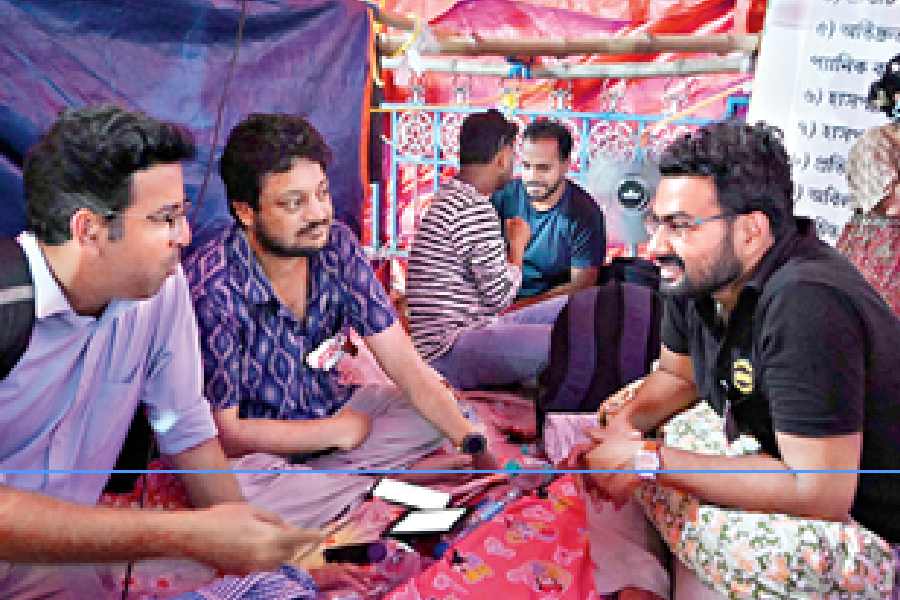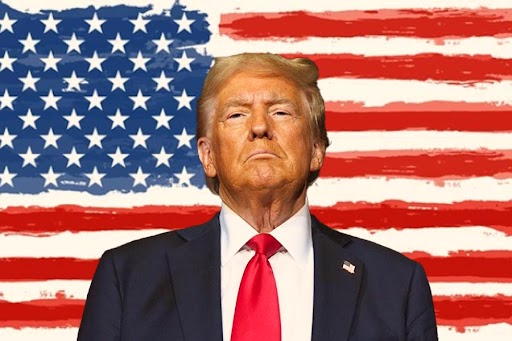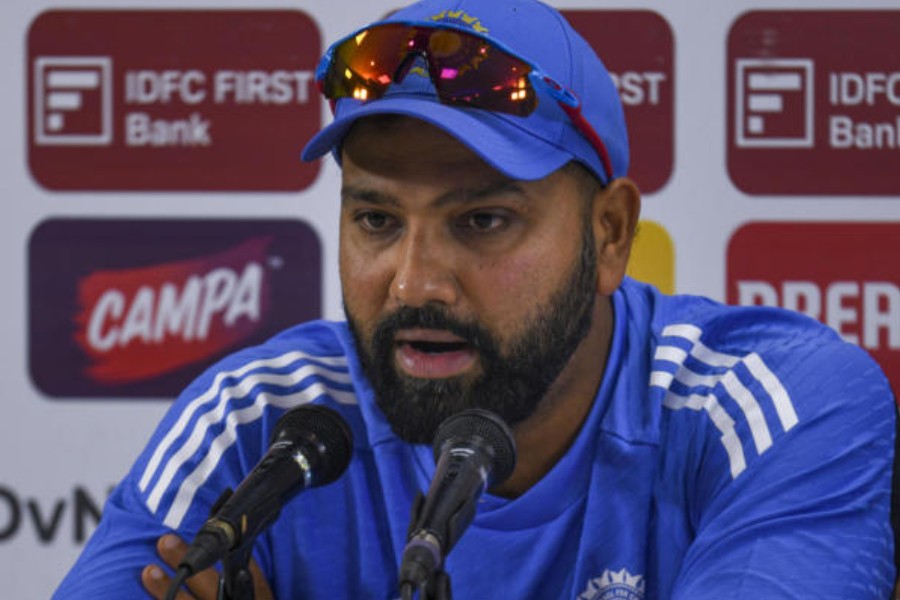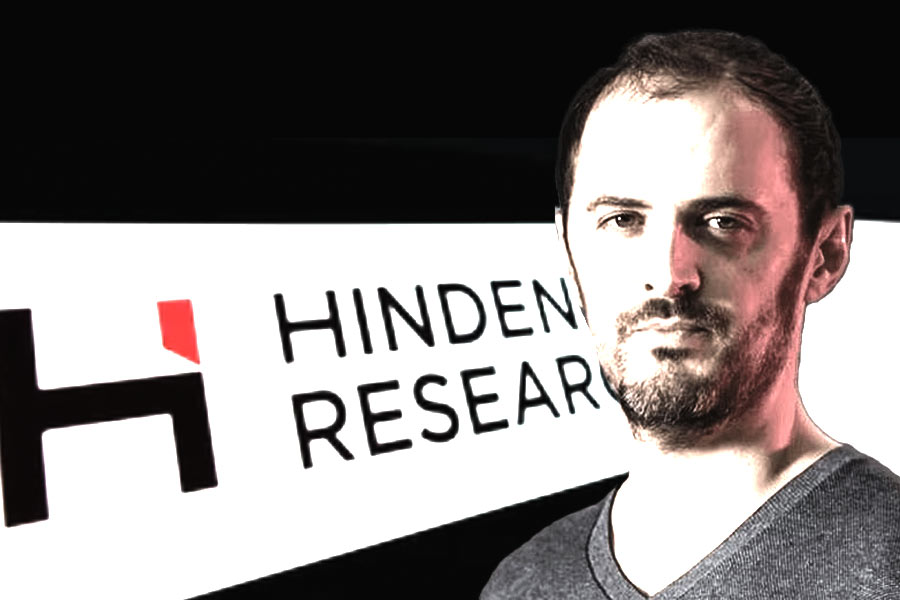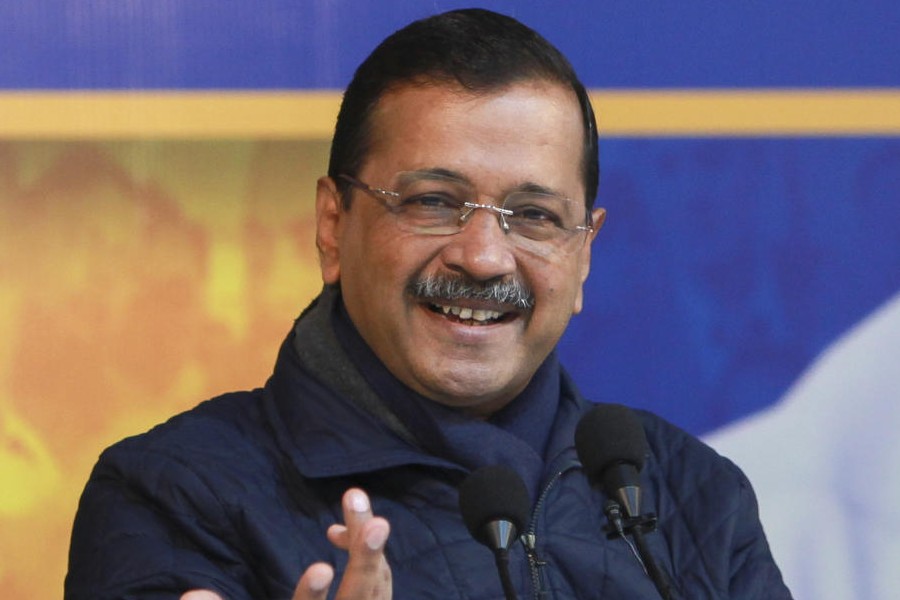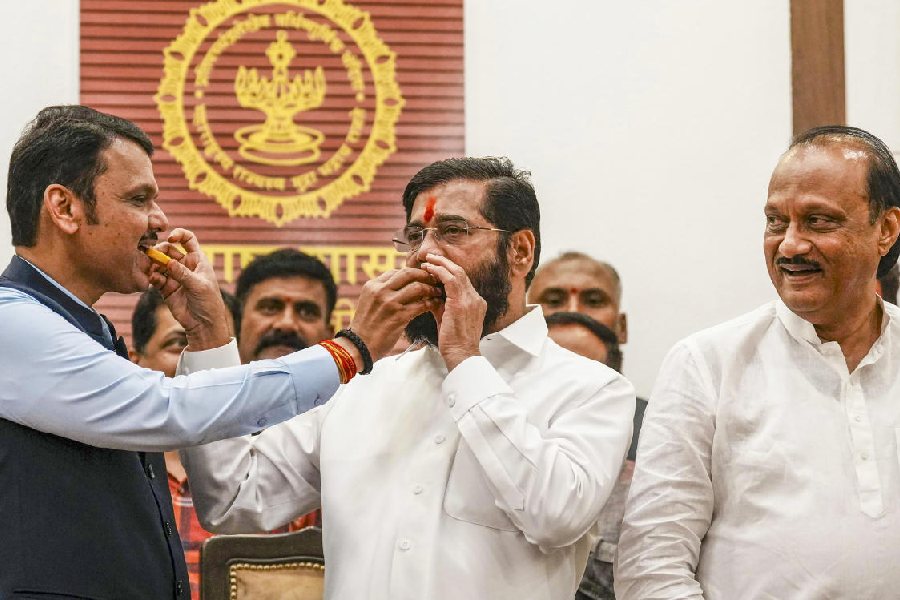Chief secretary Manoj Pant said on Monday that in keeping with the directives of the Supreme Court and discussions between junior doctors and the state government, all necessary measures were being implemented to make the 28 government medical colleges in Bengal safe and secure by October 15.
The chief secretary’s comments assume significance in the backdrop of the ongoing hunger strike by junior doctors, who have accused the state government of not taking any initiative to implement their 10-point charter of demands.
“We have reviewed the progress of the projects initiated as per the directives of the Supreme Court…. As per the discussions held today, it seems that we will be able to complete 90 per cent of the work by October 10 and all the work would be completed by October 15,” said the chief secretary.
Pant said he held the review meetings with the authorities of several medical colleges in Calcutta on Monday. On Tuesday, he will meet the authorities of the other medical colleges.
The chief secretary said they had reviewed five issues — installation of CCTV cameras, construction and renovation of duty rooms, construction of proper washrooms, installation of adequate illumination system and installation of panic buttons/alarms — during the meeting on Monday.
“We have allotted a sum of Rs 113 crore for this purpose…. Once these are implemented, a secured working environment would be there in the medical colleges,” said the chiefsecretary.
During the review meeting, it appeared that 45 per cent of the 7,051 CCTV cameras had already been installed. “A total of 178 restrooms were supposed to be constructed. Of which, 62 per cent have already been completed,” said the chief secretary.
He also said the construction and modification of 65 per cent washrooms were over. Progress of installation of modern illumination systems in the medical colleges was satisfactory as 61 per cent of the work was completed. He also said installation of panic buttons or alarms was progressing at a good pace and would be over by November 1.
While detailing the progress of the projects primarily aimed at creating a safer working environment for doctors at medical colleges, Pant said junior doctors should appreciate the government’s initiatives and come forward to serve the people in all possible ways.
When asked whether the government would reach out to the agitating junior doctors, the chief secretary avoided a clear answer saying the government and the junior doctors both had the same objective of serving the people.
“I urge everyone to come to work together as we all are working towards securing the workplaces,” said the chief secretary.
The junior doctors had been on a 42-day cease-work since the rape and murder of a postgraduate trainee doctor at RG Kar Medical College and Hospital. They again went on a strike 10 days after resuming work.
The second round of cease-work was lifted on Friday, but on Saturday night, six junior doctors started a fast unto death to press for the 10 demands.
Sources in the government said Pant had laid down the progress of the measures to secure the medical colleges to put the ball back in the court of the junior doctors, who had initially started their agitation demanding more security in their workplaces.
Though the chief secretary elaborated on the government’s initiatives to introduce security measures, he did not utter a word on the other demands of the doctors, such as the removal of the health secretary and holding elections to students’ unions in the medical colleges.
“This is something that the chief secretary cannot decide…. The chief minister usually takes such decisions. As there was no instruction on these issues, the chief secretary could not say anything,” said a source.

